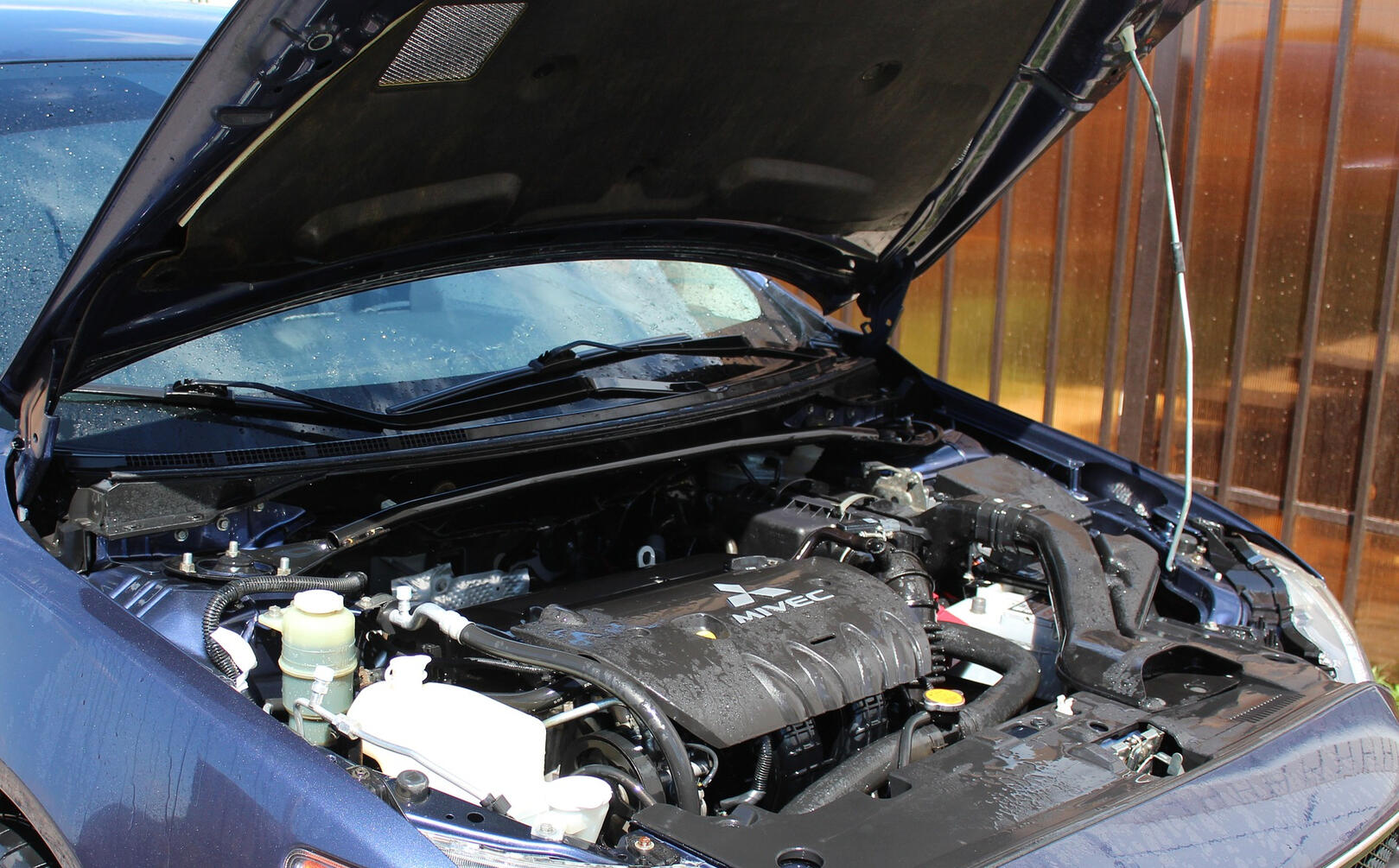Check Engine Size With VIN Number
How Do I Find Out My Car's Engine Size in a VIN Report?
There are some reasons why you would want to know how to find engine size with VIN numbers. You might be looking for this information to purchase a used car, getting a better price for your used car, or simply wanting to calculate an engine fuel consumption.The first reason that you might want to find engine size with VIN numbers is to purchase a used car. Suppose you have ever had the chance to buy a used car. In that case, you will notice several different features included in the vehicle, and one of these features is the vehicle identification number. This VIN can be located on the vehicle's frame, on the interior dashboard, or the dashboard cover. You will need to purchase this information so that you can determine if the car is a lemon.When purchasing a new vehicle, it is frequently for the purchaser to look for different car factors before selling their previous auto. Some of the factors to consider are interior elements like entertainment systems, including the radio. They also research gadgets and functional features such as MPG and boot space. Another very vital area a lot of car buyers are interested in before buying a new auto is the engine's size.Engine size is a simple number that can have a considerable impact on the auto's economy, performance, and value. On the other hand, what does the engine's size mean, how it affects the willingness of a person to buy a car, and how to find check engine size with VIN? Read on to find the answer to the questions mentioned.

How to Check Engine Size with VIN Number
The engine's size is the amount of fuel, as well as air, which can be pushed in the cylinders of the auto and is measured in cc or cubic centimeters. The sizes of car engines are usually specified in a liter that's rounded up to the nearest 10th of a liter. Like for instance, an auto that has a 1390 cubic centimeter can be read as 1.4 liters.Conventionally, an auto that has a big engine size would produce lots of power than those cars with a small engine. On the other hand, new cars are integrated with turbocharged engines that enable them to become powerful. The level of power an engine generates can be established through horsepower, also known as bhp.Small EngineA smaller engine range between 1 liter and 1.9 liters is likely to be economical because there's less fuel to burn to produce power. But this can lead to less energy as opposed to bigger engine size. Usually, they are effective once utilized in the manner they are made for, roving around town. Once the auto needs to reach a high speed, it might need to work harder to generate power, boosting fuel consumption.Big EngineA 2.0-liter engine is powerful than a 1.2 liter. On the other hand, they tend to consume more fuel. A powerful car engine can accelerate faster as well as reach a high speed. On the other hand, more gas will have to be pumped into the cylinder to make, thus making them less eco-friendly.Turbocharged EnginesEngine size does not always signify its greatness or indicate how powerful it is. Autos with turbocharged engines can benefit from increased power and fuel efficiency without the need for high engine cubic centimeters. Often this will enable them to go along with a higher cubic centimeter, which doesn't integrate with a turbocharged engine. For instance, a Ford EcoBoost 1-litre turbo engine can generate almost as much power as an engine with a 1.8-liter capacity or a four-cylinder engine.